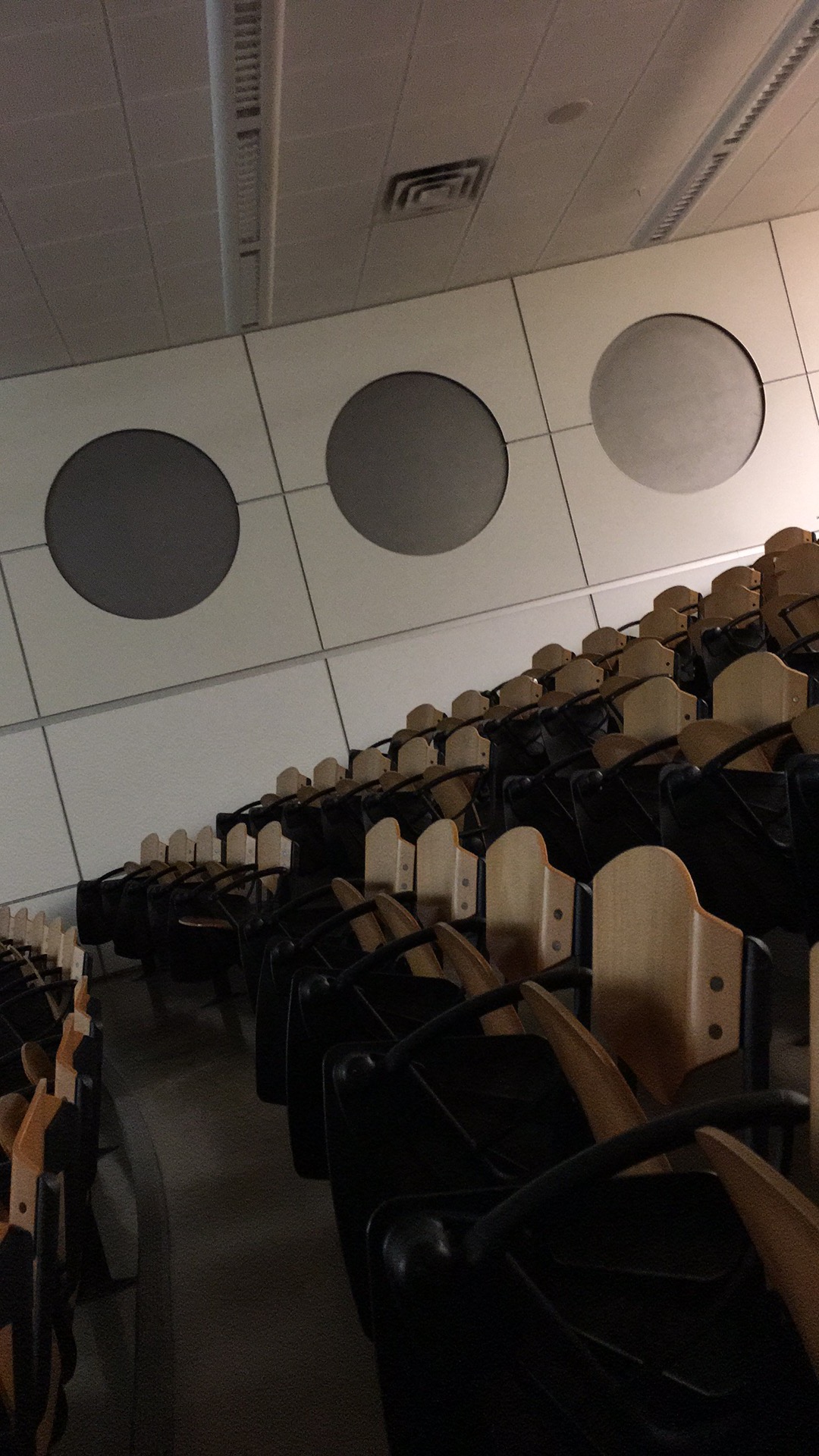If Girls Go to School
This picture was taken on Tuesday April 4th, 2017.
I stumbled upon this view when I arrived early for one of my classes. The classroom was empty. There was no boy or girl, man or women in the room. It was a place of equality, or, at least, what is perceived as.
Since the second wold war, we have seen a steady increase in the rise of women in post secondary education. Today, the number of women who graduate from university with a bachelors degree outnumbers men. However, this number does not follow through with students who pursue a masters program. Even though more women graduate with a bachelors degree, more men graduate with a masters or higher.
Women are not treated equally in the workforce. They are paid less and denied opportunities to become a leader because the role is perceived as a “mans job”. The workplace is still a place of oppression, even in the Western world. For example, elementary school teachers are composed of mostly women because females are associated with motherly roles and are seen as nurturing. It is as if women are, by nature, suppose to fit into this stereotype. While principles of these elementary schools, on the other hand, are mainly composed of males. They are the ones who make the decisions because the gender role associated with females make them unqualified to do so. As if being a “nurturing” female interferes with being in a leadership role.
Third World Women are placed in a role of “duty”. It is their duty to become a better mom and worker through education. She is only valued because of her ability to work-the ability to bring in valued goods. Domestic work and the task of child bearing is still expected of these women, but now she has to contribute to the household earning too. If she does not, she is pitied upon and seen as oppressed.
Third World Women live in a society closely associated with oppression. But whose to say we do not live in one too. The difference between the two worlds is the way we perceive things. The Western World believes that, through education, women can achieve greater success in life and contribute more to the society. They do not factor into consideration that this may not be the way to help women, but rather a new form of oppression masked by the capitalist demand for cheep.
Education is not the solution to inequality, It is only the first step.
